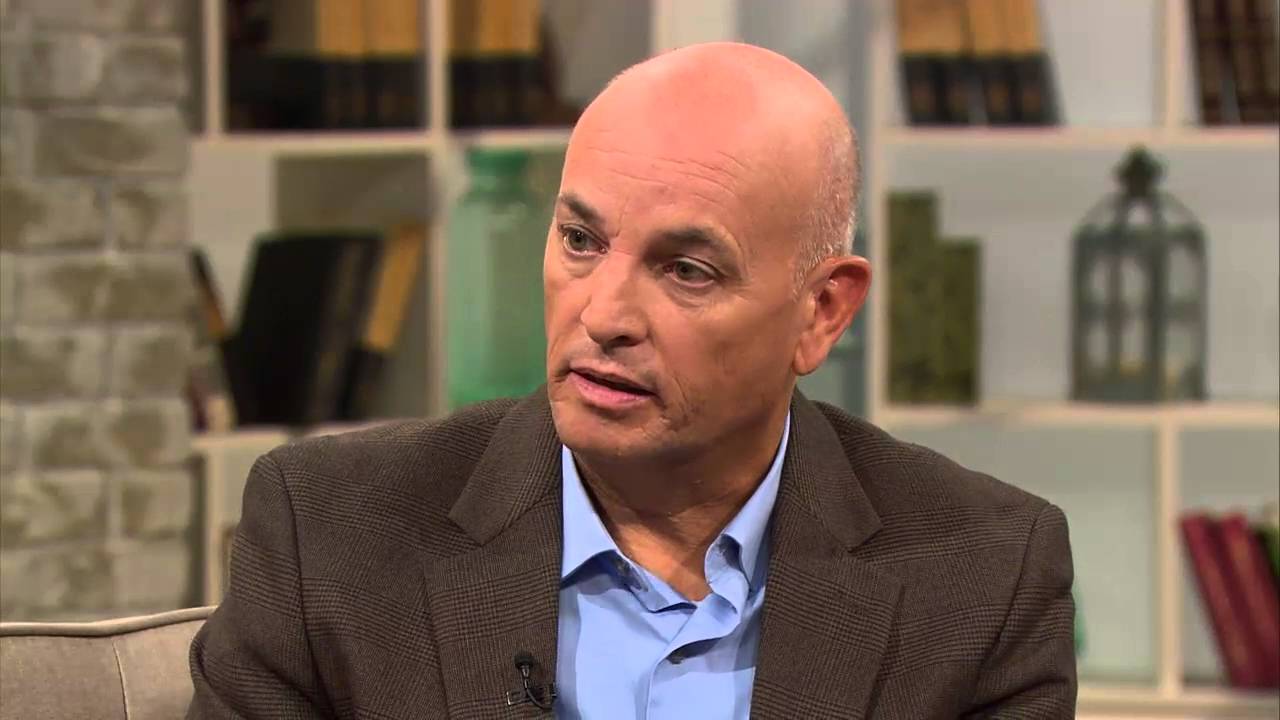God does not count our sins against us. That isn’t logical to us. It is the the very opposite of the way our natural minds work. We want to keep a record of wrongs and count sins against others. It’s just the way the flesh operates.
With every wrong suffered, the flesh records that wrong in a mental spreadsheet. When appropriate, the flesh accesses that record to use against others to somehow even the score. Here’s how it works.
When we get hurt by the actions of others, we take note. It’s like a video record we store in our minds, a high definition, 3-D video, mind you. Every aspect of the event is stored in vivid detail. We know the who, what, when and how, and we give a lot of thought to the why. All this effort to keep a tally opens the door for resentment to creep in and set up shop in our minds.
The writer of Hebrews issued a strong warning about resentment and bitterness: “See to it that no one misses the grace of God and that no bitter root grows up to cause trouble and defile many” (Hebrews 12:15). Resentment is not content to merely stew. It wants to cause trouble. All kinds of evil thoughts begin racing through the mind, hatching a plan for revenge.
Does this sound familiar?
Once a plan for revenge is hatched, we wait for the perfect time and place for the payback. Then we tally the score. The record says that we are ahead, and the flesh is satisfied.
But love doesn’t do this. God does not do this. He reconciled you to himself in Christ, and he does not count your sins against you. God is not resentful when you sin, nor does he think evil. And that sin is not recorded in God’s books. His spreadsheet is empty.
As this truth sinks deep within our hearts and minds, it starts to shape how we treat one another.
Do you want to see the love of God in action in your marriage, your family, your relationship with your children, your friends, your fellow-workers and your brothers and sisters in Christ?
Throw the record of wrongs away. Rest in the truth that you have been reconciled to God in Christ, and that he is not counting your sins against you. And then rejoice in the truth that God is not counting the sins of others against them.
The heart of reconciliation and the foundation for strong, healthy relationships is this: Love keeps no record of wrongs.


